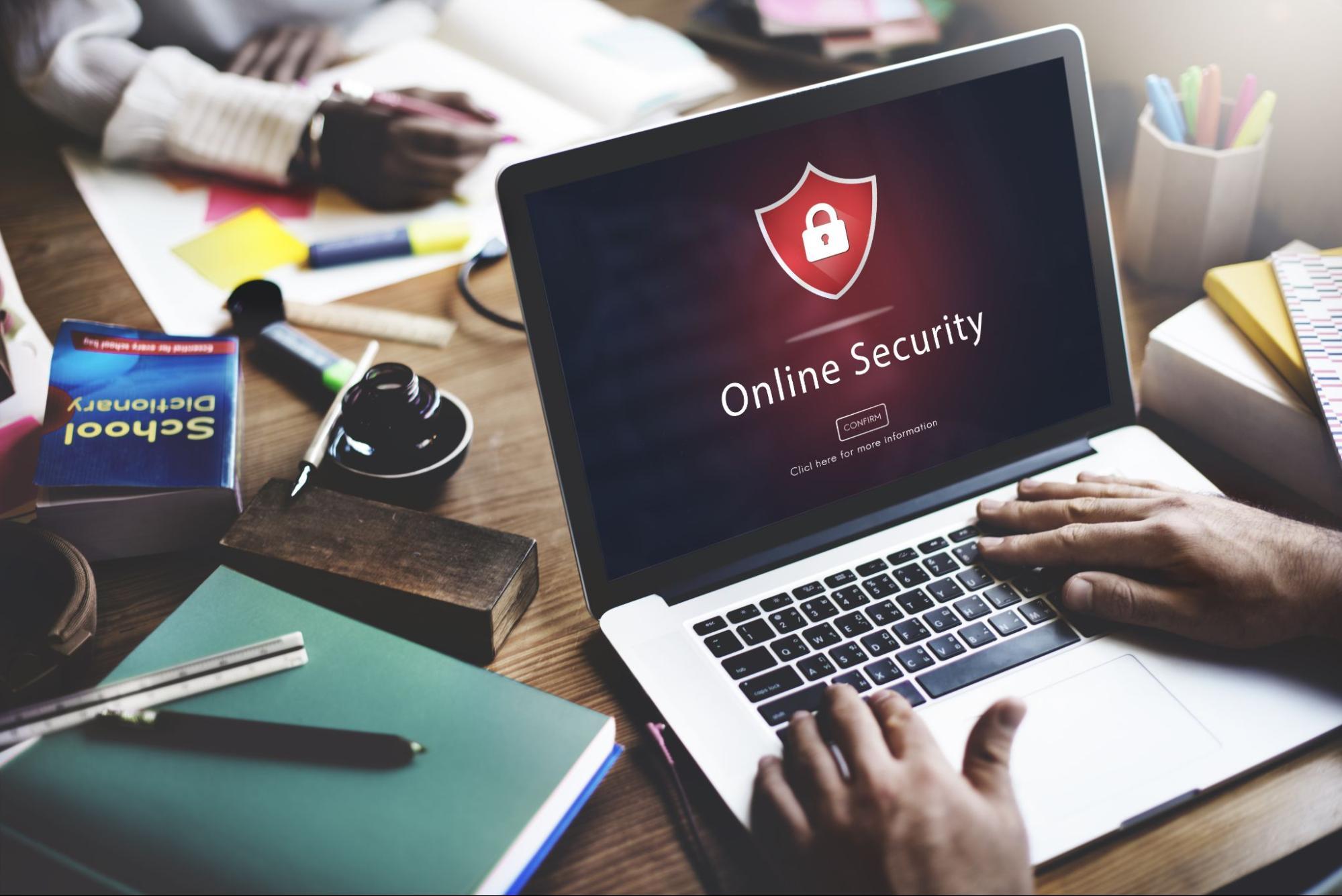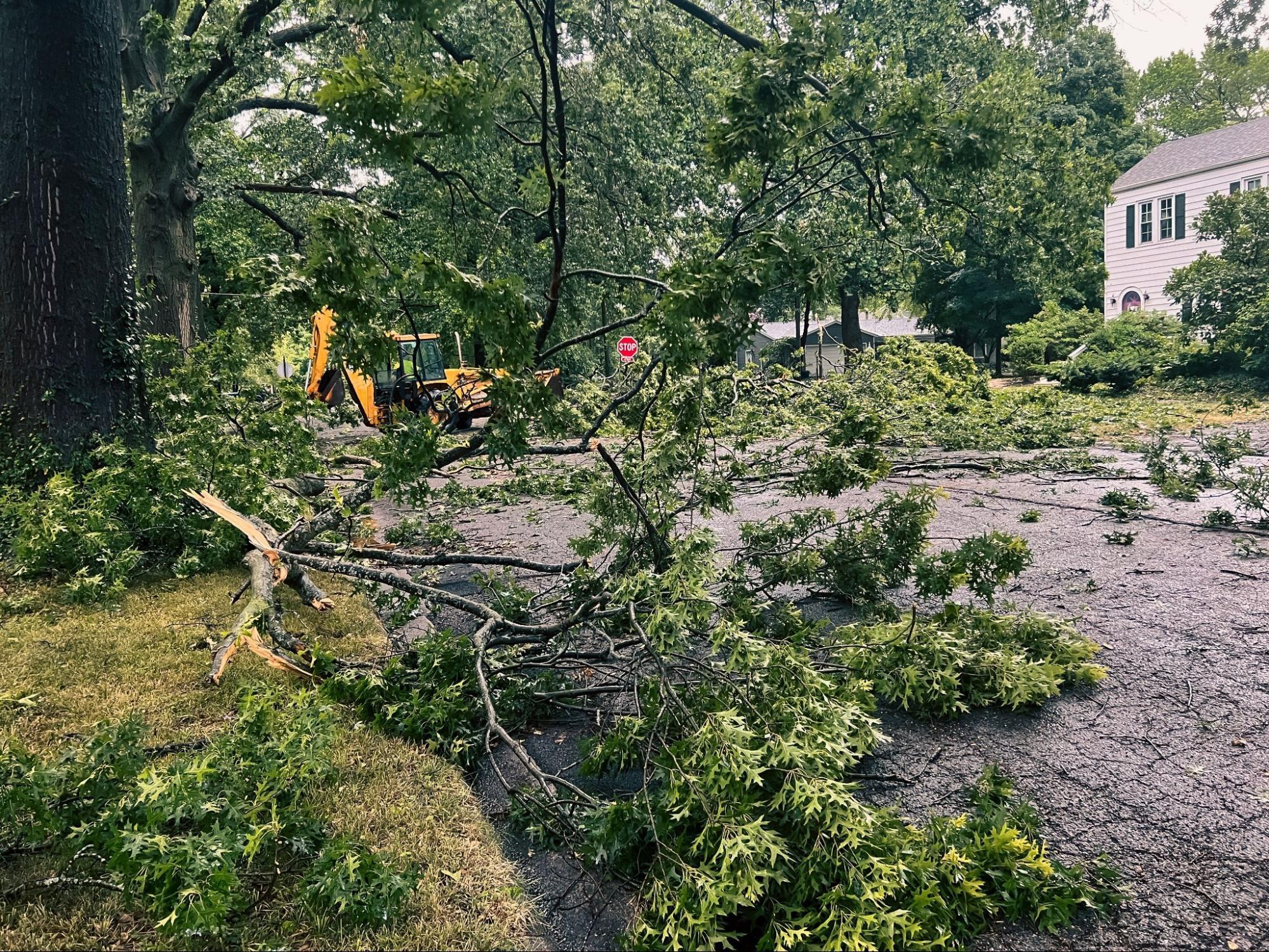

The internet has become a part of everyday life for people of all ages. For children, it serves as a source of education and entertainment. While the internet offers many great advantages, it is not without potential risk such as scams, leaked information and cyberbullying. As kids spend more time online, it is now more important than ever to talk about the basics of safe browsing behavior.
1. Create effective passwords
A weak password can put anyone, especially children at risk of getting hacked. If your kids need help creating unique passwords, they can use easy online tools to help them. DinoPass is a password generator that helps small children learn the difference between simple and strong passwords. For older children, the XKCD Password Generator is a fun tool for creating strong but memorable passwords. Passwords are an important safeguard of personal information, and they can help your children remember the importance of privacy online.
2. Limit sharing of personal information on social media
With the boom in popularity of social media sites such as Facebook, Instagram and Snapchat, there has never been more sharing of personal information online. Sharing on social media can be fun, but pictures, posts and comments are easily searchable and can last forever. Your kids should know that sharing information such as last names, birthdays or locations (through pictures or check-in posts) can be a risk.
3. If it seems too good to be true, it is
Phishing is a technique in which a hacker sends a message attempting to lure you to click a link or send personal information. Teach your kids to ask you if they are unsure about an email or message. A suspicious email should be deleted immediately, even if you know the sender.
4. Let kids know that help is available
Cyberbullying is a growing issue for children online. In many cases, children don’t report bullying to adults because they mistakenly believe there is nothing to be done. To help protect your kids, make sure they know that they can go to you for help. Online trolling is a punishable offense, so let your children know that they can come to you if they are being bullied online.
5. Help kids learn more about technology
Knowing more about how the internet works can help keep your kids better identify online risks. There are many online and in-person programs that can help you and your children learn more. PBS Kids’ Webonauts Internet Academy offers games to help kids learn how to be empowered and secure online. Another great resource is kids.gov, which provides tips and tricks for online safety.
The internet can provide many educational, social, and recreational opportunities for kids. Use these tips to help them learn to browse the internet safely and effectively, so they can take advantage of everything the internet has to offer.



